detail profile eduardo escorel
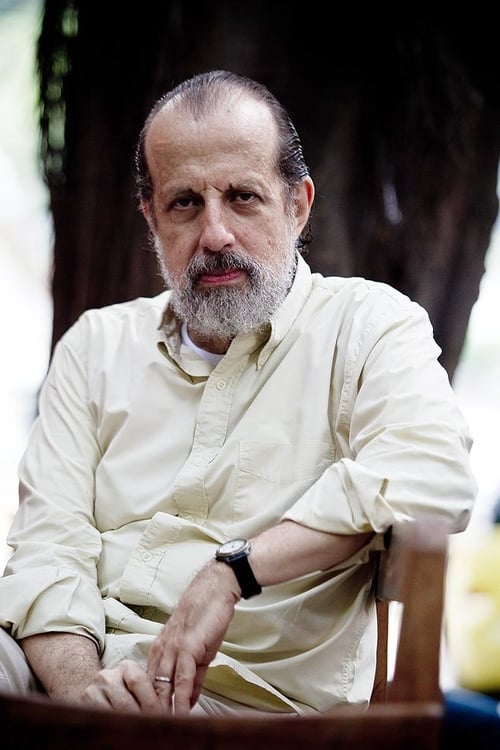
Riwayat Hidup
Eduardo Escorel de Morais (born 1945), most known as Eduardo Escorel, is a Brazilian film editor and director.
He debuted as an editor on the Joaquim Pedro de Andrade's The Priest and the Girl (1965).
With his first feature film, Lição de Amor, he won the Best Director Award at the 1976 Gramado Film Festival.
He was also awarded Best Director for his second film, Ato de Violência, this time at the 1980 Brasília Film Festival.
He won Best Editing Award for Guerra Conjugal and O Chamado de Deus at the 1974 and 2000 Brasília Film Festival respectively, and for Dois Perdidos numa Noite Suja at the 2002 Gramado Film Festival.
Info Pribadi
Peran Yang Di Mainkan Eduardo Escorel
 Besieged by cancer and nearing the...
Besieged by cancer and nearing the...Babenco: Tell Me When I Die 2020
Besieged by cancer and nearing the end, the genius Argentine-Brazilian filmmaker Héctor Babenco (1946-2016) asks Bárbara Paz, his wife, for one last wish: to be the protagonist of his own death.
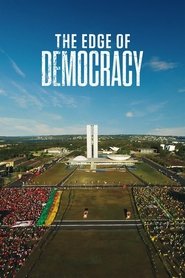 A cautionary tale for these times...
A cautionary tale for these times...The Edge of Democracy 2019
A cautionary tale for these times of democracy in crisis—the personal and political fuse to explore one of the most dramatic periods in Brazilian history. With unprecedented access to Presidents Dilma Rousseff and Lula da Silva, we witness their rise and fall and the tragically polarized nation that remains.
 Documentary that addresses through the testimony...
Documentary that addresses through the testimony...Dib 1997
Documentary that addresses, through the testimony of directors and actors, the work of Dib Lutfi, considered one of the greatest photographers of Brazilian cinema.
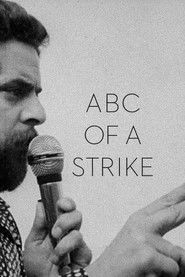 ABC of a Strike captures the 1979...
ABC of a Strike captures the 1979...ABC of a Strike 1990
ABC of a Strike captures the 1979 metal workers strikes outside of São Paulo. The footage sat untouched until after the death of highly-regarded director Leon Hirszman in 1987, by which time the material had a new relevance. The gripping film captures the negotiations between the labor unions and the factory bosses and shows the birth of the region’s Worker’s Party, as well as the emergence of its charismatic leader, Luiz Inácio Lula da Silva. Rising from extreme poverty, Lula gained national prominence as a union activist during the late 70s and early 80s. After being jailed during his time as a union leader, he eventually becomes Brazil’s president from 2003 to 2010.
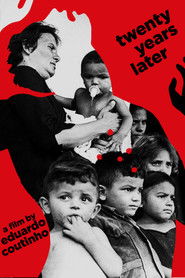 Eduardo Coutinho was filming a movie...
Eduardo Coutinho was filming a movie...Twenty Years Later 1984
Eduardo Coutinho was filming a movie with the same name in the Northeast of Brazil, in 1964, when there came the military coup. He had to interrupt the project, and came back to it in 1981, looking for the same places and people, showing what had ocurred since then, and trying to gather a family whose patriarch, a political leader fighting for rights of country people, had been murdered.
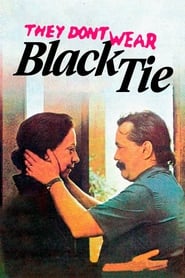 Otavio is an idealistic union leader...
Otavio is an idealistic union leader...They Don't Wear Black Tie 1981
Otavio is an idealistic union leader trying to organize workers at a factory to resist the company's exploitative practices. His son, Tião, one of the employees, is more of a realist and doesn't want to risk losing his job by striking. This clash of perspectives puts the father and son at odds. Fortunately, Tião's mother, Romana, is on hand to act as a moderator between the two opinionated men.
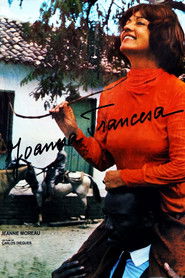 Joana is a sophisticated beautiful woman...
Joana is a sophisticated beautiful woman...Joanna Francesa 1973
Joana is a sophisticated, beautiful woman, so she has a choice of lovers, and destinies. She will let down Pierre, the French consul at São Paulo, and with him the frivolity of tea-parties and comfort. Her wild inner-soul will develop into the wild forest surroundings of a landlord's farmhouse. To the extent she will defend her land like a 19th century owner - of lands and men alike.
 A whiterobed preacher wanders and sermonizes...
A whiterobed preacher wanders and sermonizes...The Lion Has Seven Heads 1971
A white-robed preacher wanders and sermonizes across African lands; European communists and CIA spies conspire out of mutual self-interest to engineer the appointment of an African bourgeois to a puppet government presidency; and a revolutionary group marches in exile.
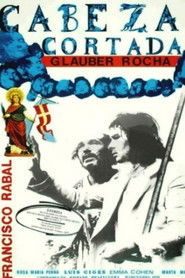 In a castle somewhere in the...
In a castle somewhere in the...Cutting Heads 1970
In a castle, somewhere in the Thirld World, Diaz is delirious, dreaming of the power he had in Eldorado, while oppressing the indians, workers and peasants. He is well aware of the menace his old victims represent, while a miracle-making shepherd fascinates and frightens him. Diaz finds a countrywoman, symbol of purity, and prepares a ceremony in his castle resembling his own funeral.
 Born a fully grown black man...
Born a fully grown black man...Macunaima 1969
Born a fully grown black man in a village in the Brazilian jungle, Macunaíma later magically transforms into a white man before making an adventure-filled trip to the city of São Paulo. Once there, he becomes something of a dandy, falling in love with Ci, a revolutionary who dies in an accidental bombing. After robbing a ruthless industrialist, Macunaima returns to his village where he finds his newly acquired knowledge and possessions of little use.
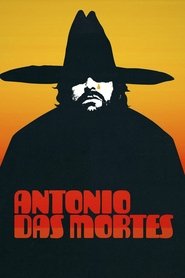 A new incarnation of Cangaceiro bandits...
A new incarnation of Cangaceiro bandits...Antonio das Mortes 1969
A new incarnation of Cangaceiro bandits, led by Coirana, has risen in the badlands. A blind landowner hires Antônio to wipe out his old nemesis. Yet after besting Coirana and accompanying the dying man to his mountain hideout, Antônio is moved by the plight of the Cangaceiro’s followers. The troubled hitman turns revolutionary, his gun and machete aimed towards his former masters.
 Eldorado a fictitious country in America...
Eldorado a fictitious country in America...Entranced Earth 1967
Eldorado, a fictitious country in America, is sparkling with the internal struggle for political power. In the eye of this social convulsion, the jaded journalist Paulo Martins opposes two equally corrupt political candidates: a pseudopopulist and a conservative. In this context, Paulo is torn between the madness of the elite and the blind submission of the masses. But, in this complex tropical reality, nothing really is what it seems to be.
 In a small town in Minas...
In a small town in Minas...The Priest and the Girl 1966
In a small town in Minas Gerais, the arrival of a young priest causes a commotion in the conservative atmosphere of the place, aggravated by the sudden attraction this priest feels for a beautiful girl. This forbidden love affair soon turns into an unbridled passion.
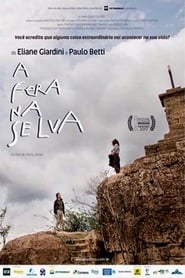 A story about a man who...
A story about a man who...
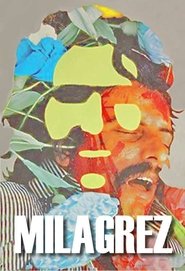 Documentary on Antonio das Mortes Glauber...
Documentary on Antonio das Mortes Glauber... The story of Paulo Honrio a...
The story of Paulo Honrio a...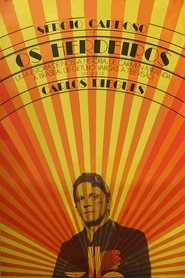 An allegory about Brazils history and...
An allegory about Brazils history and...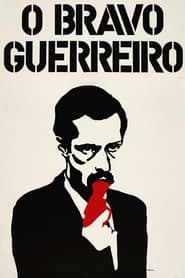 Young congressman Miguel Horta represents a...
Young congressman Miguel Horta represents a...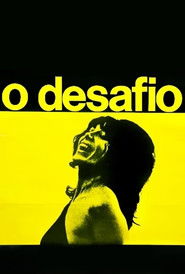 Passively facing the repression imposed by...
Passively facing the repression imposed by...